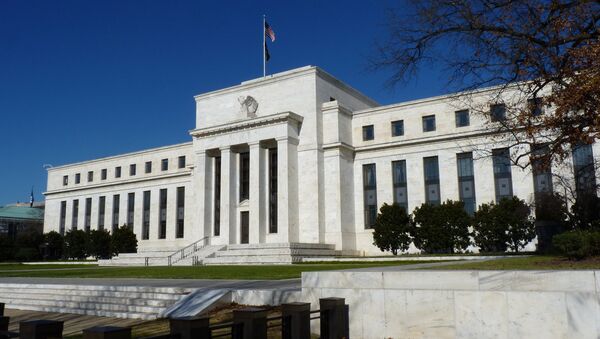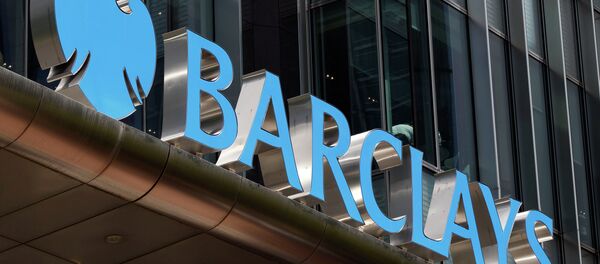WASHINGTON (Sputnik) — Germany’s Deutsche Bank and Spain’s Santander Holdings failed an annual US financial stress test because of objectionable capital planning processes, the US Federal Reserve said in a press release.
“The [Federal Reserve] Board of Governors objected to the capital plans of Deutsche Bank Trust Corporation and Santander Holdings USA, Inc. These [bank holding companies] BHCs may only make capital distributions that are expressly permitted by the Federal Reserve,” the press release, issued on Wednesday, said.
The Federal Reserve said it evaluates banks annually to determine if they have sufficient capital and processes to operate during times of economic stress.
Santander’s capital plan was rejected because of widespread deficiencies across key areas such as governance, internal controls and risk management, while Deutsche Bank fell short in risk-identification and approaches to loss and revenue projections, the Federal Reserved explained.
Banks that fail the stress test are restricted from distributing capital, including dividends, stock or retained earnings to shareholders, according to the Federal Reserve report that accompanied the press release.
The Federal Reserve passed the other 28 major banking institutions in the United States that participated in the test, according to the release.
The 31 institutions tested this year represent more than 80 percent of assets held by banks in the United States, amounting to $14 trillion.
The Federal Reserve is the central bank of the United States responsible for national monetary policy, setting interest rates and regulating banks.



